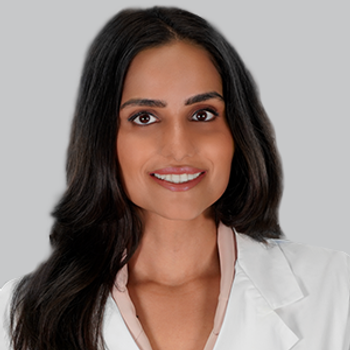
Transition to college life poses unique challenges for students living with migraine, and a comprehensive checklist helps ensure they are prepared for this critical phase.

Transition to college life poses unique challenges for students living with migraine, and a comprehensive checklist helps ensure they are prepared for this critical phase.
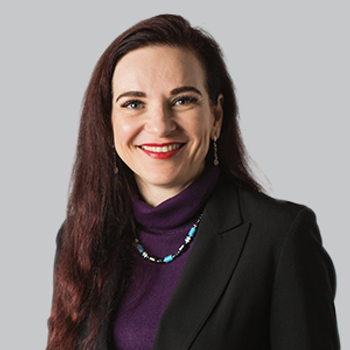
Nina Riggins, MD, PhD, FAAN, FAHS, UCNS Diplomate, highlighted the essential role of advocacy in advancing neurological care, particularly in improving the transition process for pediatric patients with migraine to adult care.
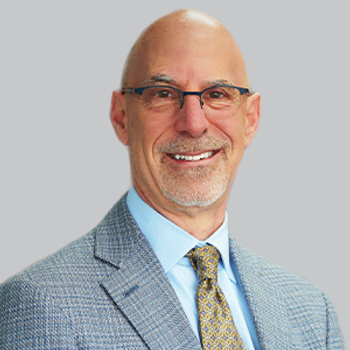
Innovative neurosurgical advances in imaging/mapping, robotic assistance, and extended reality enable surgeons to more precisely and effectively treat neurological conditions such as brain tumor, epilepsy, Parkinson Disease, and stroke, giving patients new hope and a chance for more successful outcomes.
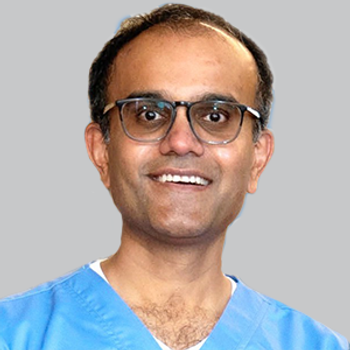
Neal K. Shah, CEO of CareYaya Health Technologies, discussed a miniaturized brain-machine interface developed that could restore communication for patients with neurological disorders by translating brain activity into text.
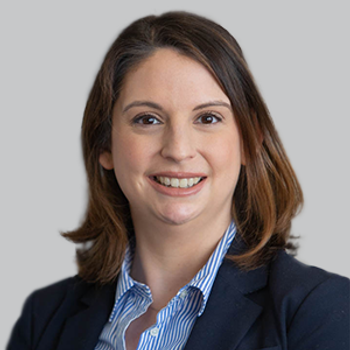
Nicole M. Boschi, PhD, the director of regulatory affairs at the National MS Society, talked about the impact of the upcoming Medicare Part D and Medicare Advantage changes for the multiple sclerosis community.

Neal K. Shah, CEO of CareYaya Health Technologies, discussed how Apple's new health features could potentially be a game-changer for neurological health.
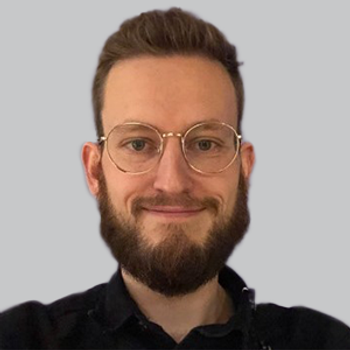
In honor of Spinal Muscular Atrophy (SMA) Awareness Month, Abraham Homer, MS, the gaming technology supervisor and creative technologist at Children's Hospital Colorado, shared how virtual reality transformed care for patients with SMA.

Neal K. Shah, CEO of CareYaya Health Technologies, explores the potential of AI-enhanced, neurotech-powered music therapy as a revolutionary solution to chronic pain management and the opioid crisis.
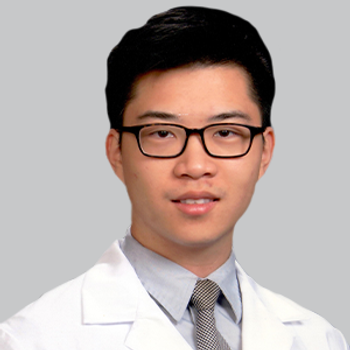
Amifampridine enhances neuromuscular transmission and relieves muscle weakness, showing promise for Lambert-Eaton myasthenic syndrome and other neuromuscular junction disorders.
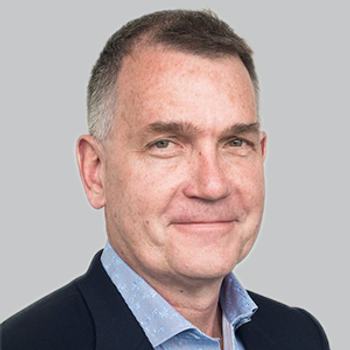
Gavin Giovannoni, MBBCh, PhD, FCP, FRCP, FRCPath, explored 3 perspectives on self-managing multiple sclerosis (MS): a general consensus, insights from MS-Selfie, and a future technology-based model.
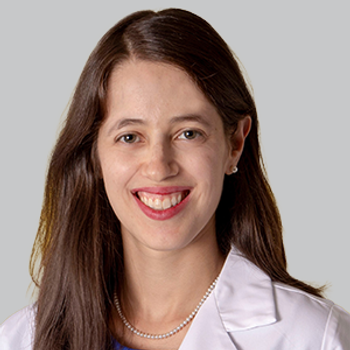
This article reviews emerging MRI, OCT, CSF, and blood biomarkers, highlighting their potential roles in improving MS patient management and prognosis.
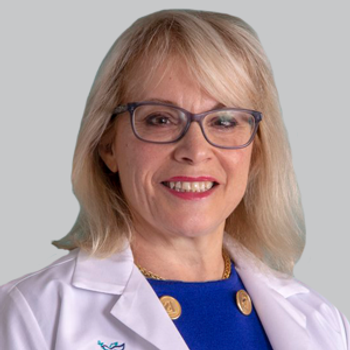
Mary Ann Picone, MD, FAAN, FACP, provides a summary of her time at the recently held 2024 CMSC Annual Meeting.

Neal K. Shah, CEO of CareYaya Health Technologies, discussed the groundbreaking potential of AI-powered music therapy in revolutionizing dementia care, offering personalized interventions that can improve quality of life.
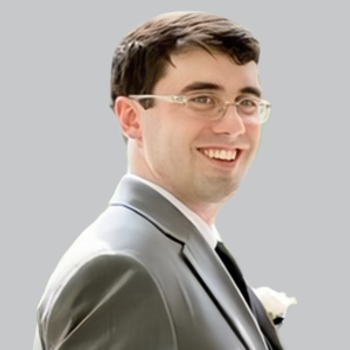
Bryant Robinson, senior manager of government relations at the National MS Society, discussed how telehealth access has become vital for patients with multiple sclerosis who often lack nearby specialist care.
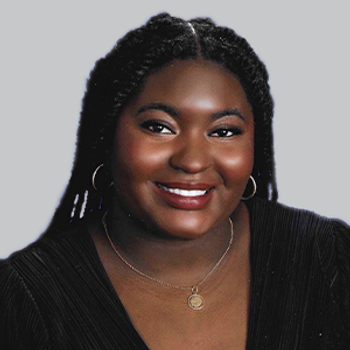
Anaya, a young woman with myasthenia gravis, discusses her challenges and triumphs living with a rare disease. She shares her personal story of advocacy and community, finding strength in the disease's impact on her independence and identity.
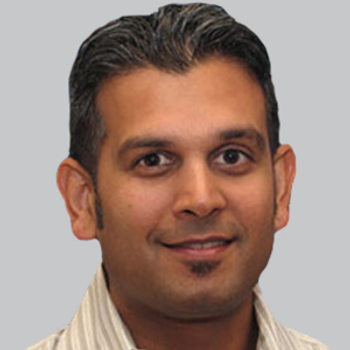
StrivePD and Apple Watch continuously track motor symptoms, aiding neurologists in adjusting treatments for better patient outcomes.

Neal K. Shah, CEO of CareYaya Health Technologies, discussed how sleep apnea and cognitive decline may be interrelated and disproportionately affecting minoritized populations.
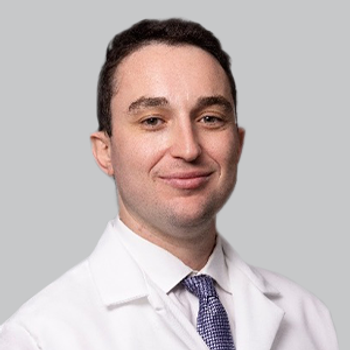
Steven Shapiro, MD, medical director for Stroke Services at RWJBarnabas Health’s Cooperman Barnabas Medical Center, highlighted some of the reasons why stroke occurs in younger adults under the age of 45 and the risk factors as well as preventative measures this population should be aware of.
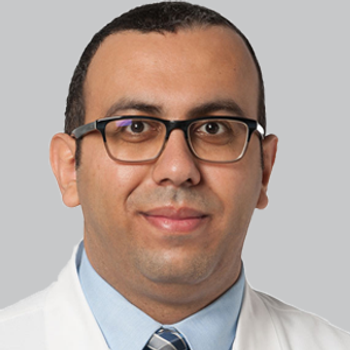
Glioblastoma, a highly aggressive brain cancer, presents substantial treatment challenges necessitating innovative therapies and interdisciplinary research to improve patient outcomes.
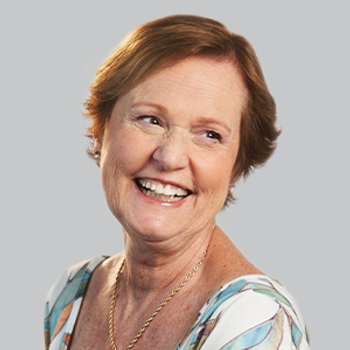
Crystal, a patient living with chronic inflammatory demyelinating polyneuropathy and one of the faces of the Shining Through CIDP awareness campaign, discussed the diagnostic challenges associated with the rare disease.
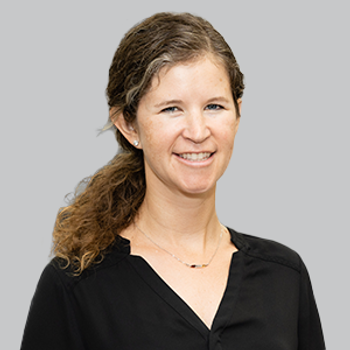
Stephanie Richardson, MS, CCC-SLP, an outpatient lead speech-language pathologist at Brooks Rehabilitation, discussed the unique aspects of speech therapy and the pivotal role it plays in helping patients with swallowing and other related functions.

Neal K. Shah, CEO of CareYaya Health Technologies, discussed how the lack of diverse data in neuroscience, particularly for African American and minority populations, will limit the ability of AI to equitably diagnose dementia early across all populations

Neal K. Shah, CEO of CareYaya Health Technologies, discussed how Apple's expected announcement of new iPads with OLED displays could revolutionize cognitive health and dementia care for older adults.
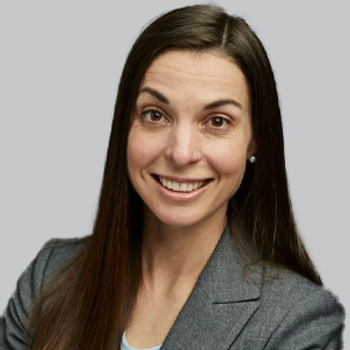
Lassell et al present a use case demonstrating the process of moving an unmet need to the “solution space” of the Innovation Biodesign Framework for addressing a healthcare challenge in a specific at-risk population: Alzheimer disease and AD-related dementias.

Neal K. Shah, CEO of CareYaya Health Technologies, discussed how emerging neurotechnology, such as mobile EEG devices paired with customized AI and machine learning models, is poised to transform the fight against dementia.

Kenneth Ngo, MD, medical director for the Brain Injury Program at Brooks Rehabilitation’s 3 inpatient hospitals, highlighted how cotreatment between music therapy and physical therapy can significantly improve the overall quality of life for patients with Parkinson disease.
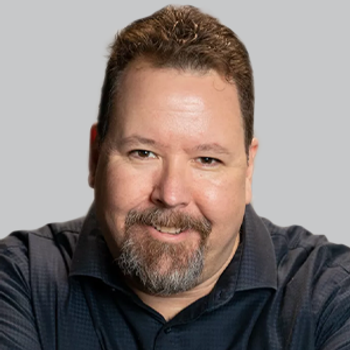
Larry Gifford, a patient living with Parkinson Disease and president of the PD Avengers, discussed sleep issues and nighttime symptoms faced by millions of patients with the disease worldwide.

Neal K. Shah, CEO of CareYaya Health Technologies, an AI innovator in neurological care, discussed how technology is poised to transform the fight against Parkinson, with the potential to improve millions of lives and advance health equity.
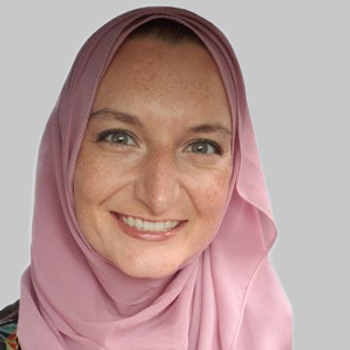
Elizabeth Miller, MA, the manager of health literacy at the National MS Society, discussed the impact of health literacy in the multiple sclerosis community.
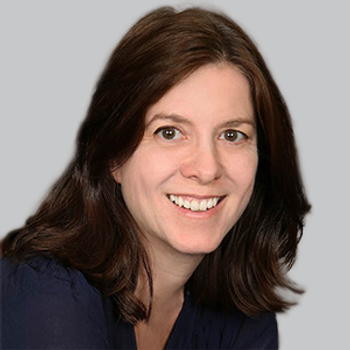
Grace Griesbach, PhD, the national director of clinical research for Centre for Neuro Skills, discussed the impact of REM sleep on memory following traumatic brain injury and the importance of considering sex as a biological variable.